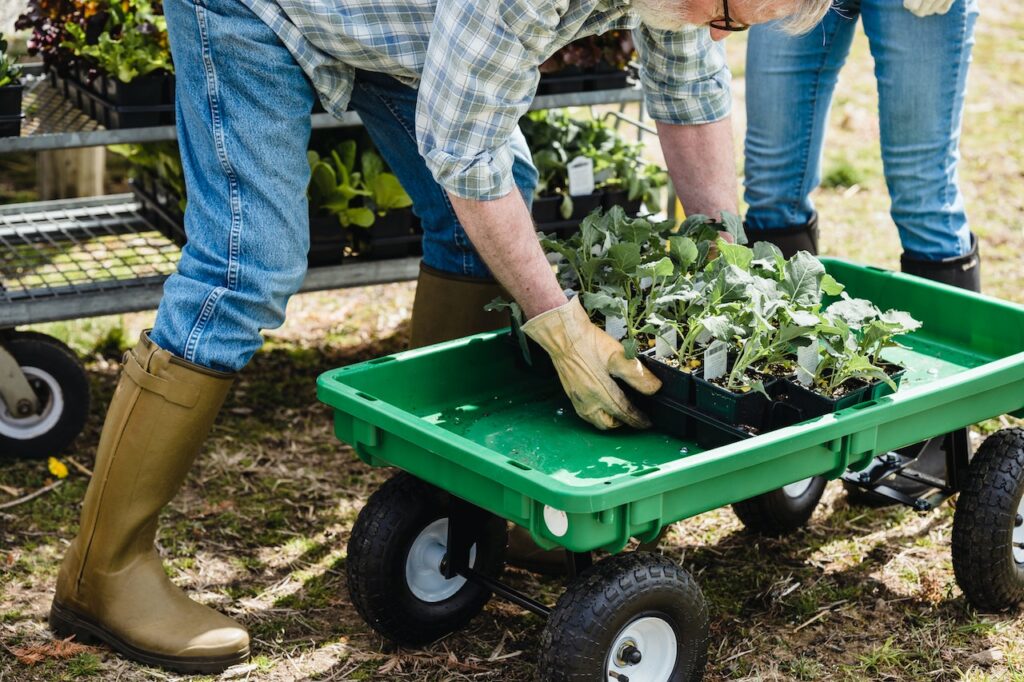
This article explores ten actionable tips that can empower individuals to make food choices that nourish not only their bodies but also the environment. From selecting seasonal and locally sourced produce to reducing meat consumption, each tip offers a practical way to minimize our ecological footprint while savoring delicious, healthful meals. By incorporating these mindful and sustainable eating habits into our daily lives, we can take meaningful steps toward a healthier, more environmentally responsible future.
Choose Seasonal and Local Produce:
Selecting seasonal and locally grown produce not only ensures fresher and more flavorful meals but also reduces the environmental impact of your food choices. Seasonal foods require fewer resources for cultivation and transportation, helping to decrease greenhouse gas emissions associated with long-distance shipping. By supporting local farmers and markets, you also contribute to the sustainability of your community’s food system.
Support Sustainable Fishing:
Making sustainable seafood choices is essential for preserving our oceans and marine life. Look for certifications like the Marine Stewardship Council (MSC) label, which indicates that the seafood has been responsibly sourced. By choosing sustainably caught or farmed fish, you help protect vulnerable ocean ecosystems and ensure that future generations can enjoy seafood as well.
Minimize Food Waste:
Food waste is a global problem, with a significant environmental impact. Planning your meals, storing food properly, and using leftovers creatively can drastically reduce the amount of food that ends up in the trash. Not only does this save you money, but it also conserves the resources (water, energy, and land) that go into food production.
Buy in Bulk:
Purchasing pantry staples in bulk not only saves you money but also reduces packaging waste. When you buy products like rice, pasta, or legumes in larger quantities, you minimize the need for single-use plastic packaging and contribute to a more sustainable food supply chain. Be sure to bring your reusable containers and bags to bulk stores to further reduce packaging waste.
Reduce Processed Foods:
Reducing your consumption of heavily processed foods is a key step toward a more sustainable diet. Many processed foods are energy-intensive to manufacture and often come with excessive packaging. By focusing on whole, minimally processed foods, you not only make healthier choices but also decrease the environmental impact associated with food processing and packaging.
Eat Mindfully:
Mindful eating involves being fully present and attentive during meals, savoring each bite, and listening to your body’s hunger and fullness cues. This practice not only fosters a healthier relationship with food but also helps reduce overeating and food waste. By paying close attention to portion sizes and the flavors of your food, you can better appreciate the value and quality of what you consume.
Choose Eco-Friendly Packaging:
Opting for products with minimal and recyclable packaging is an effective way to reduce your environmental footprint. Look for items with eco-friendly packaging materials or consider buying in bulk to minimize packaging waste. Bringing your own reusable bags, containers, and water bottles when shopping can further reduce the need for disposable packaging.
Grow Your Own Food:
Cultivating your own food, whether it’s a small vegetable garden or herbs on your windowsill, is a rewarding way to supplement your meals with fresh, homegrown produce. This not only allows you to enjoy the taste of homegrown ingredients but also reduces the carbon footprint associated with transporting food from farm to table. Gardening can also be a fun and educational activity for individuals and families alike.
Stay Informed:
Staying informed about the environmental impact of different foods and food production practices is crucial for making sustainable choices. Educate yourself about issues such as the environmental cost of certain crops, the effects of monoculture farming, and the benefits of regenerative agriculture. Armed with this knowledge, you can make informed decisions that align with your sustainability goals and help drive positive change in the food industry.